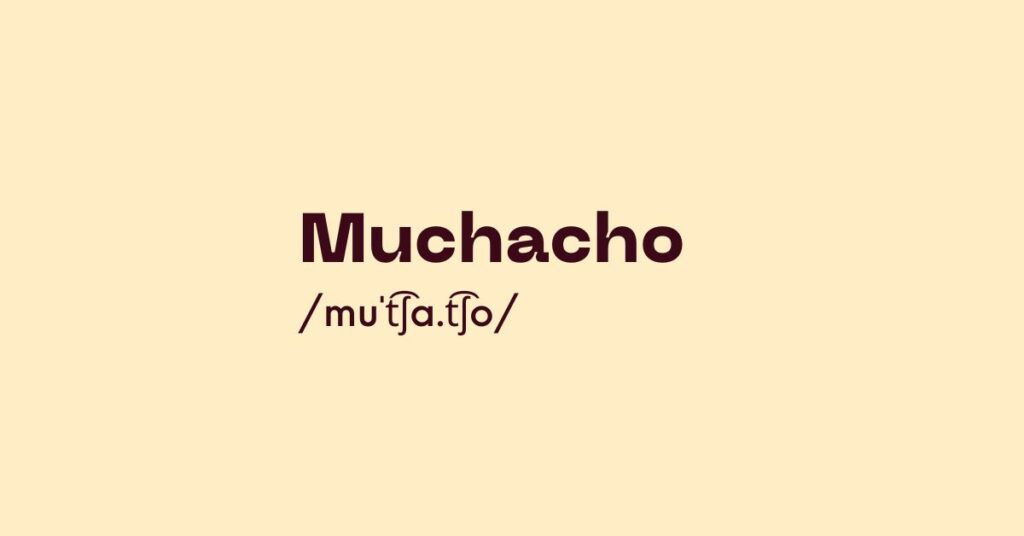Today’s Spanish word of the day is a two for one: “muchacho” (masculine) and “muchacha” (feminine).
The masculine form means “boy” or “young man”, while the feminine form means “girl” or “young woman”.
In the past, the words “muchacho” and “muchacha” could be used to refer to servants and maids, though this usage is quite outdated now.
The word “muchacho” comes from the Spanish word “mocho”, which referred to someone with short or shaved hair and derived from the Latin word mutilus from which we get the English word “mutilate”. This word came to refer to children since it was common for children to have short or shaved hair to prevent head lice and nits. In some areas of the Spanish-speaking world such as Colombia, the word “pelado”, meaning “shaved” or “bald”, can also be used to refer to kids for the same reason.
Example sentences
Ese muchacho es muy educado.
That boy is very polite.
Vi a un grupo de muchachos jugando fútbol.
I saw a group of boys playing soccer.
¿Quién es esa muchacha que vino contigo?
Who’s that girl who came with you?
Cuando era muchacho, pasaba horas leyendo.
When I was a boy, I spent hours reading.
La muchacha de pelo rizado sonrió tímidamente.
The curly-haired girl smiled shyly.

